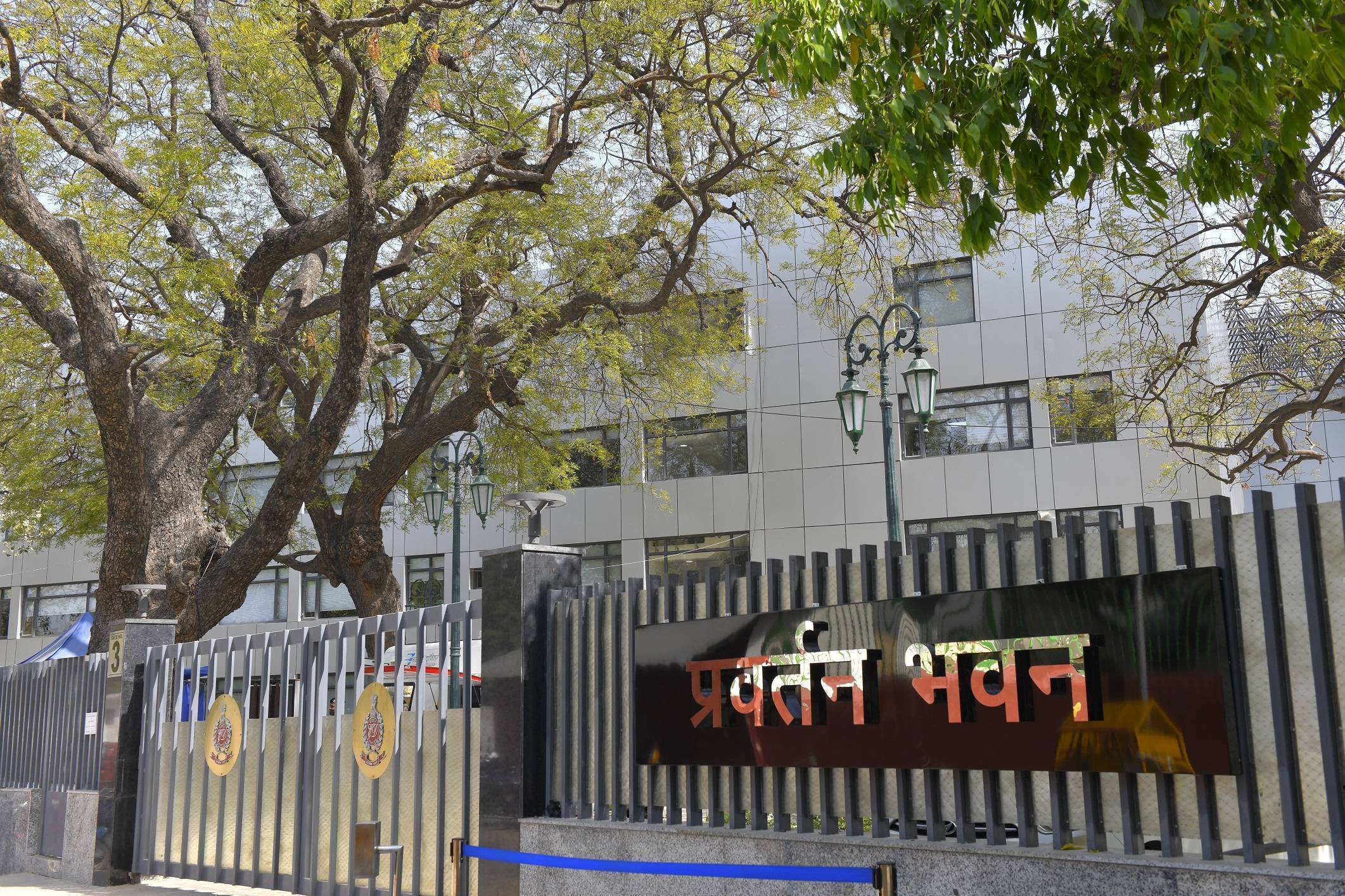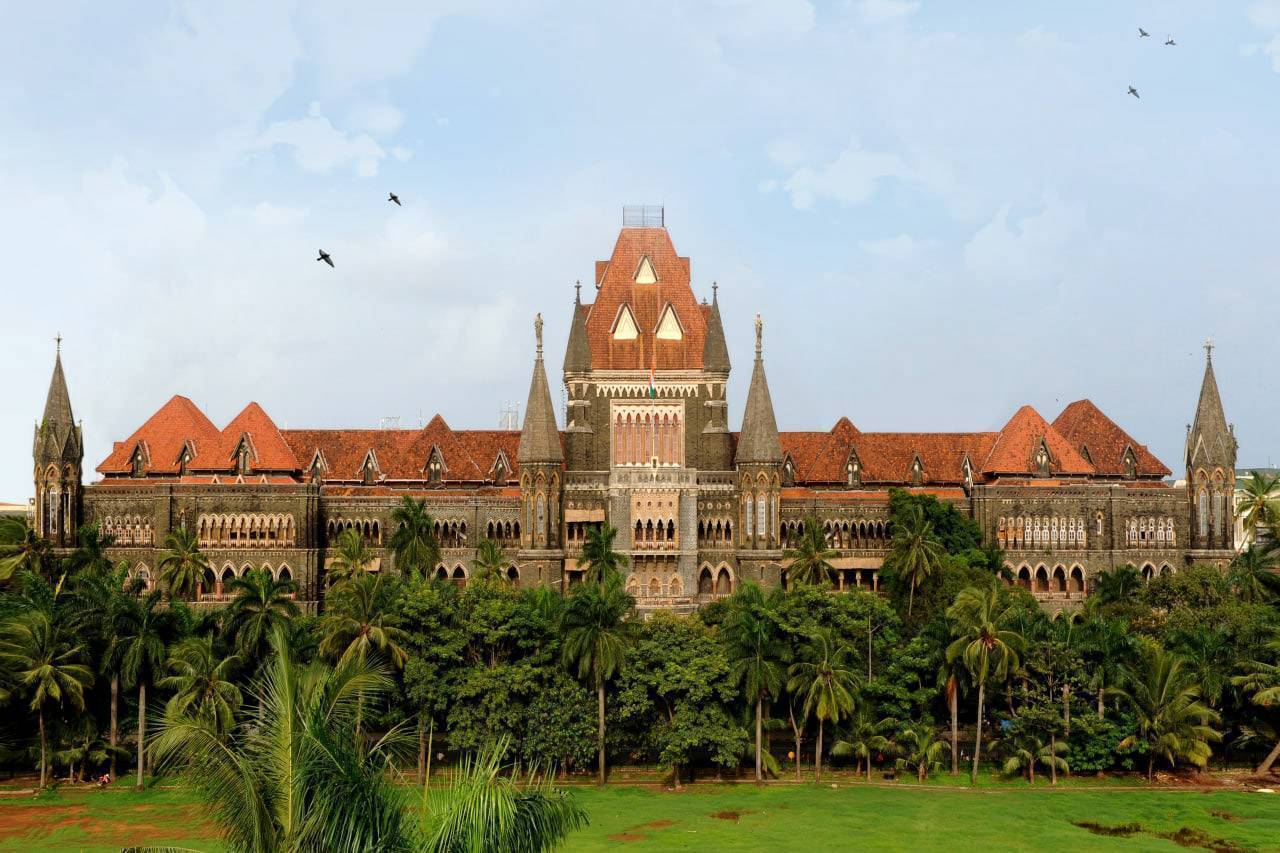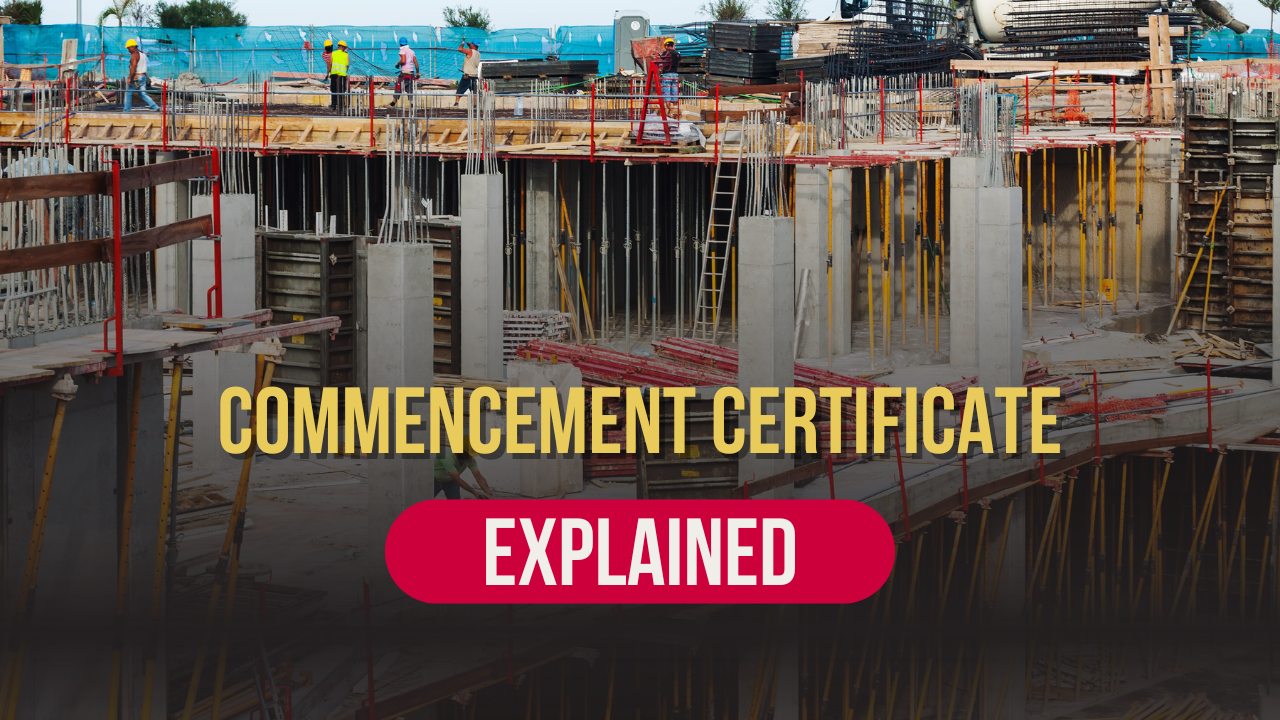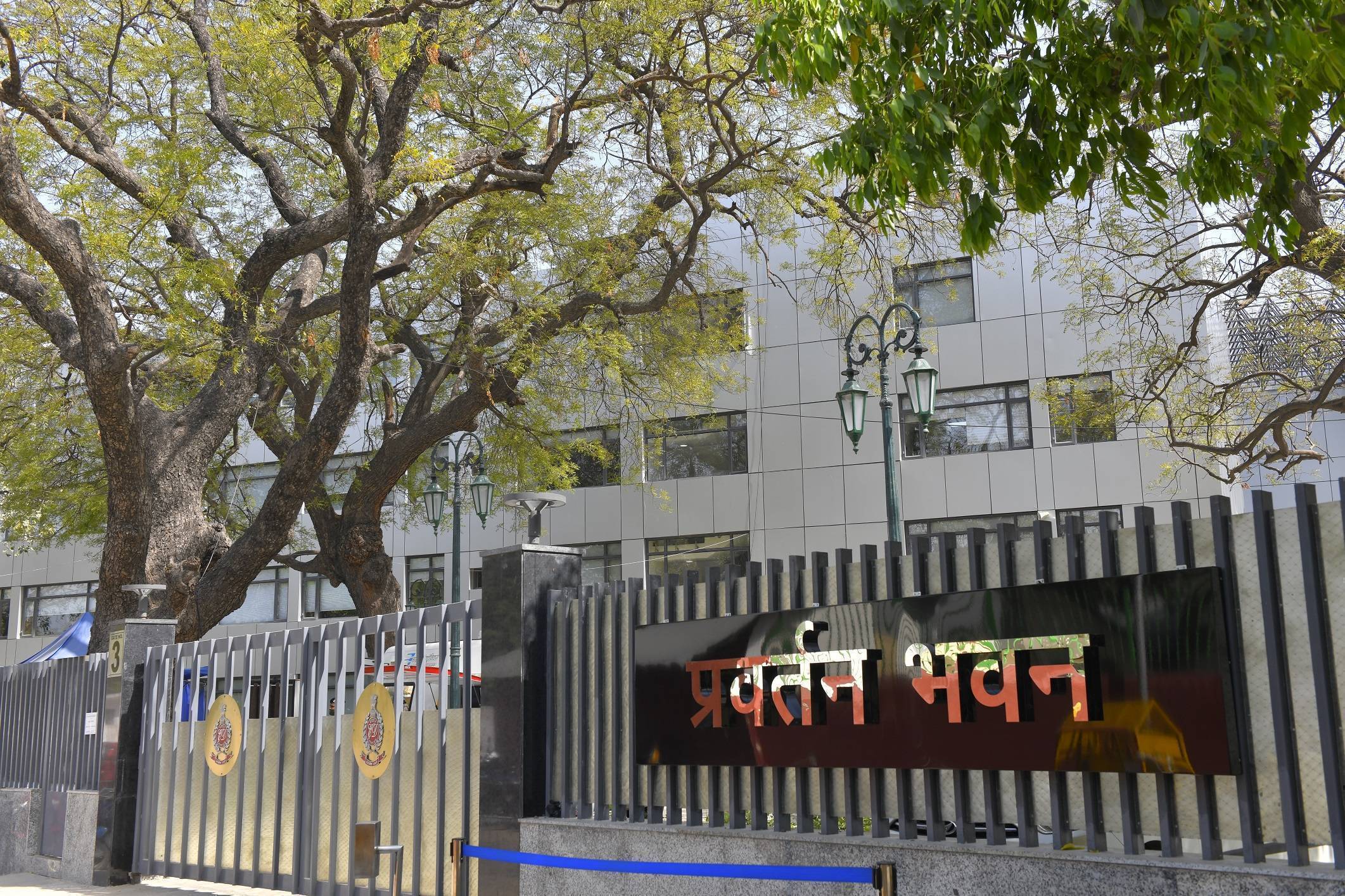The Supreme Court permitted the Central Bureau of Investigation (CBI) to file 22 regular cases against real estate developers and banks allegedly involved in financial irregularities linked to stalled housing projects under the subvention scheme. The court’s direction came after reviewing an interim status report submitted by the agency, which indicated significant evidence of collusion between builders and lending institutions.
The CBI had initiated the probe following an April 29 order by the apex court in response to multiple petitions from homebuyers. These petitions alleged misuse of subvention-based housing loans where developers received upfront disbursals from banks despite delayed or non-existent construction progress.
In the course of its investigation, the agency conducted seven preliminary enquiries (PEs) across several housing projects, with a particular emphasis on the National Capital Region (NCR). One PE was entirely focused on Supertech Ltd., a developer linked with 21 housing projects spread across six cities. Other enquiries examined projects in areas including Noida, Greater Noida, Yamuna Expressway, Gurugram, and Ghaziabad. A seventh enquiry covered projects outside NCR, involving developers other than Supertech.
The CBI informed the court that it had concluded six of the seven PEs and required six more weeks to complete the remaining one. Based on completed enquiries, the agency sought permission to register 22 regular cases to initiate formal criminal investigations. A bench comprising Justices Surya Kant and N Kotiswar Singh approved the request and directed the CBI to carry its probe forward without delay.
The court acknowledged the work of the CBI team, led by superintendent of police Ram Singh, noting that the agency had recorded statements of over 1,000 individuals, visited 58 housing sites, and reviewed extensive documentary evidence. The bench stated that the material submitted thus far pointed to serious irregularities in the operation of subvention schemes.
Subvention schemes typically involve a tripartite agreement among the buyer, builder, and bank. Under this arrangement, the bank disburses the housing loan to the builder, who is supposed to pay interest on the loan until a pre-agreed date or until the buyer takes possession. Many petitioners before the court said they had continued receiving recovery notices from banks despite significant delays in project completion.
Among the developers named in the petitions were Supertech, Saha Infratech, and Logix City Developers Pvt Ltd. Buyers accused these firms of entering into subvention deals with multiple banks and failing to fulfil their obligations.
The court also took note of two reports submitted by Rajiv Jain, former Intelligence Bureau director and amicus curiae in the matter. Jain’s first report revealed that Supertech had entered into subvention agreements with 19 banks and housing finance companies, covering around 800 individual homebuyers. These institutions included Indiabulls Housing Finance (now Sammaan Capital), Punjab National Bank Housing Finance, Dewan Housing Finance, HDFC Housing Finance, ICICI Bank, India Infoline Housing Finance, L&T Housing Finance, and Aditya Birla Housing Finance.
The report noted that Supertech had availed loans worth ₹5,158 crore since 1998, and raised questions about whether disbursals were in violation of Reserve Bank of India and National Housing Bank guidelines, which prohibit releasing loan amounts in advance without linkage to construction progress. Jain also cited instances where bilateral arrangements were made outside the tripartite subvention model, involving other banks such as Corporation Bank, IDBI Bank, and Punjab & Sind Bank.
In his second submission, Jain urged a policy overhaul, stating that regulatory oversight from authorities such as the Real Estate Regulatory Authority (RERA) had proven inadequate. He called for increased transparency, stricter monitoring of financial flows, and legal reforms to protect the interests of homebuyers who often lack leverage in their dealings with large developers.
While reviewing the report, the bench directed Additional Solicitor General Aishwarya Bhati to share relevant findings with Jain and stated that any misuse of the court's writ jurisdiction by petitioners would be dealt with separately. The bench cautioned that those who had received timely possession but continued to pursue litigation under misleading pretences would be directed to appropriate forums.
Calling Jain’s findings “an eye-opener,” the court noted that the issue raised fundamental concerns about accountability and the structural balance of power in housing finance. The matter is scheduled for further hearing on July 30.
Image source- scobserver.in









.png)